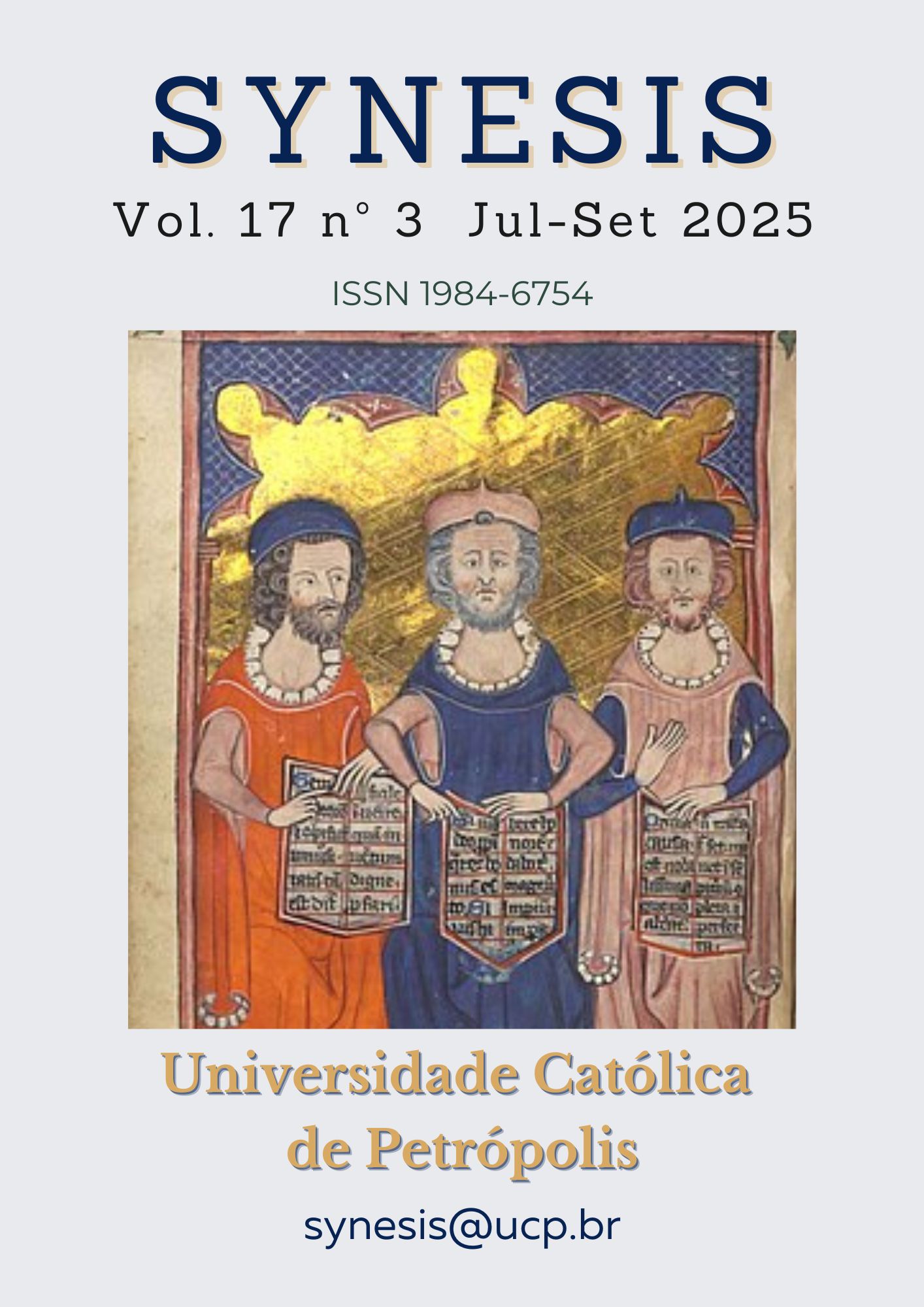Abstract
The Platonic doctrine of anamnesis—recollection—stands at the intersection of epistemology and myth. Originating in the Meno as a response to the paradox of inquiry and further developed in the Phaedo and Phaedrus, anamnesis asserts that learning is the recollection of knowledge possessed by the soul prior to birth. This paper examines anamnesis in its philosophical and symbolic dimensions, arguing that it functions simultaneously as an epistemic method and as a salvific act embedded in a mythic anthropology. R. E. Allen (1959) and Norman Gulley (1954) illuminate its role as a dialectical criterion for converting doxa into epistēmē. Dominic Scott’s (1987) distinction between a “Kantian” and a “Demaratus” model reveals divergent accounts of the relation between innate cognition and philosophical attainment. Mircea Eliade’s (1963) cross-cultural study of “mythologies of memory and forgetting” situates Plato’s theory within a broader symbolic matrix that includes both Indian yoga traditions and Greek religious imagery. The analysis suggests that anamnesis resists reduction to either rationalist epistemology or religious myth, instead operating as a boundary concept that links intellectual recollection to the restoration of the soul’s true nature. In remembering truth, the knower also reconstitutes the self.
References
Allen, R. E. (1959). Anamnesis in Plato’s Meno and Phaedo. The Review of Metaphysics, 13(1), 165–174. https://www.jstor.org/stable/20123748
Anay, H. (2013). Klasik Yunan felsefesi: Eski Sofistler, Sokrates, Platon. Sentez Yayıncılık.
Arslan, A. (2010). Platon’un Devlet’i üzerine makaleler. İstanbul Bilgi Üniversitesi Yayınları.
Arslan, A. (2018). İlkçağ felsefe tarihi (6. baskı). İstanbul Bilgi Üniversitesi Yayınları.
Aydın, M. S. (2006). Din felsefesi. Selçuk Üniversitesi Yayınları.
Bolay, S. H. (1981). Aristo metafiziği ile Gazali metafiziğinin karşılaştırılması. Kültür Bakanlığı Yayınları.
Bostock, D. (1986). Plato’s Phaedo. Oxford University Press.
Burkert, W. (1972). Lore and science in ancient Pythagoreanism (E. L. Minar, Jr., Trans.). Harvard University Press.
Eliade, M. (1963). Mythologies of memory and forgetting. History of Religions, 2(2), 329–344. https://doi.org/10.1086/462486
Fine, G. (2014). The possibility of inquiry: Meno’s paradox from Socrates to Sextus. Oxford University Press.
Gulley, N. (1954). Plato’s theory of recollection. The Classical Quarterly, 4(3–4), 194–213. https://www.jstor.org/stable/636560
Hadot, P. (1995). Philosophy as a way of life: Spiritual exercises from Socrates to Foucault (M. Chase, Trans.). Blackwell.
Herodotus. (1922). Histories (A. D. Godley, Trans., Vol. 3). Harvard University Press.
Hesiod. (2008). Theogony (M. L. West, Trans.). Oxford University Press.
Homer. (1996). The Odyssey (R. Fagles, Trans.). Penguin Classics.
Kahn, C. H. (1996). Plato and the Socratic dialogue: The philosophical use of a literary form. Cambridge University Press.
Morgan, K. A. (2000). Myth and philosophy from the Presocratics to Plato. Cambridge University Press.
Pindar. (1997). Olympian odes (W. H. Race, Trans.). Harvard University Press.
Plato. (1997). Complete works (J. M. Cooper & D. S. Hutchinson, Eds.; G. M. A. Grube, Trans.). Hackett Publishing. (Original works ca. 399–347 BCE)
Scott, D. (1987). Platonic anamnesis revisited. The Classical Quarterly, 37(2), 346–366. https://www.jstor.org/stable/638834
Sedley, D. (2004). The midwife of Platonism: Text and subtext in Plato’s Theaetetus. Oxford University Press.
Uygur, N. (1984). İnsan açısından edebiyat. Remzi Kitabevi.
Vernant, J.-P. (1991). Mortals and immortals: Collected essays (F. I. Zeitlin, Ed.). Princeton University Press.

This work is licensed under a Creative Commons Attribution-NonCommercial-NoDerivatives 4.0 International License.
Copyright (c) 2025 Synesis (ISSN 1984-6754)

